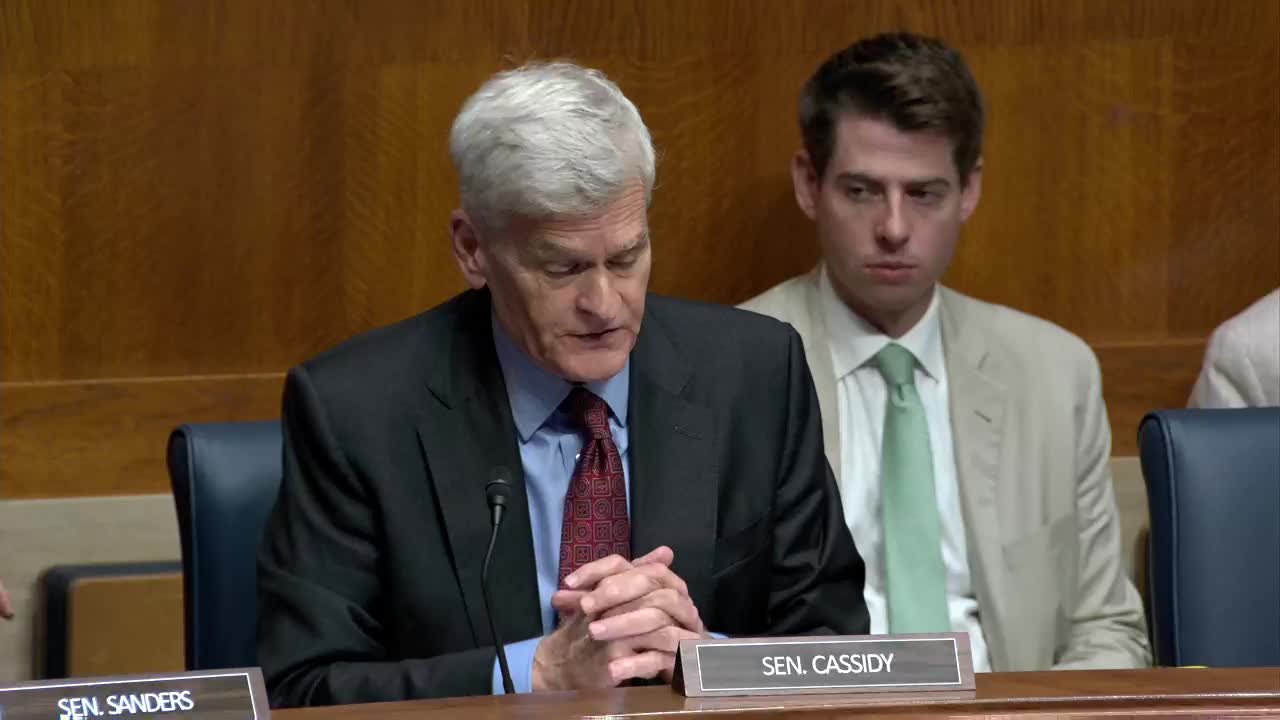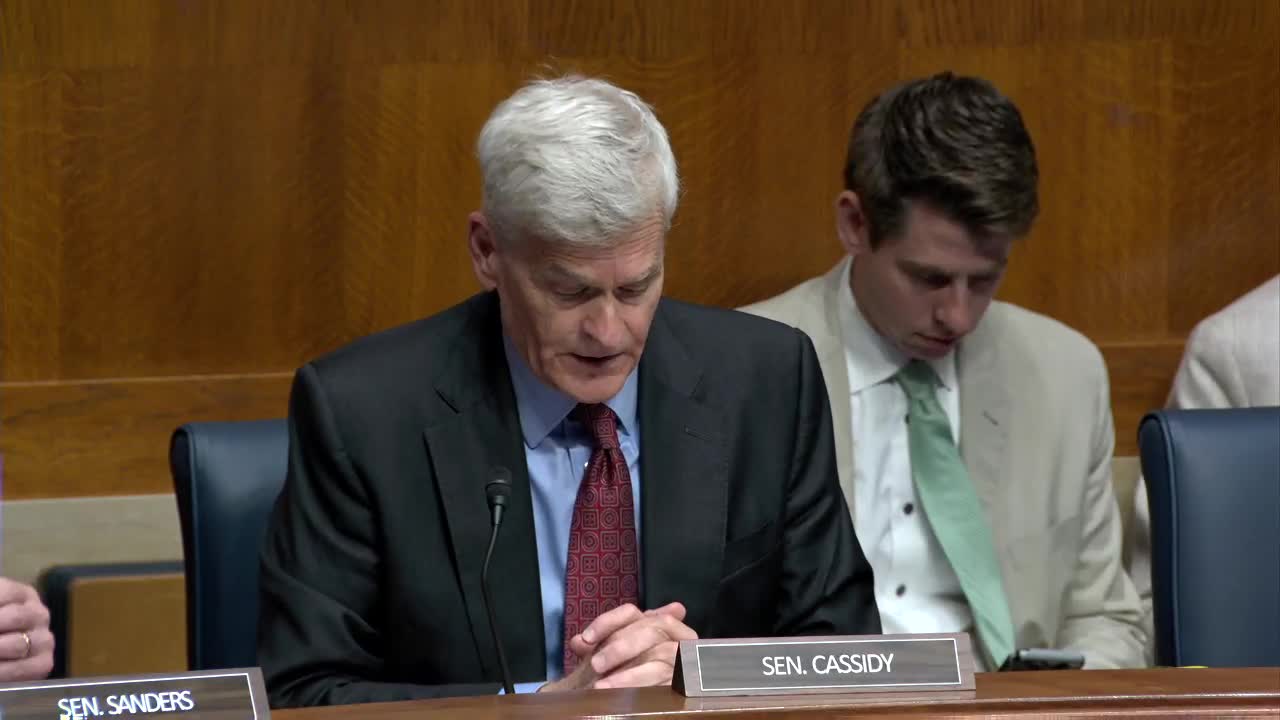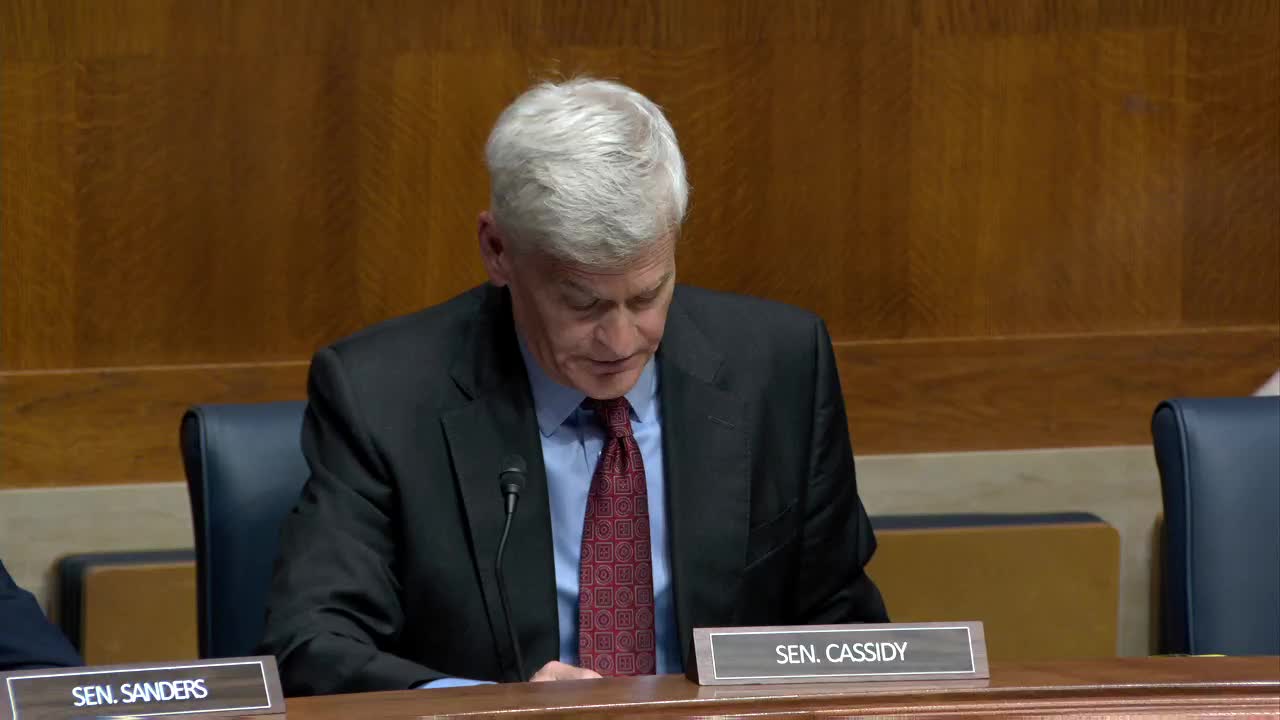Article not found
This article is no longer available. But don't worry—we've gathered other articles that discuss the same topic.

Senate committee reauthorizes Tick Act named for the late Sen. Kaye Hagan to bolster vector-borne disease response

Senate committee reauthorizes three rural health grant programs to boost access in small counties

Senate committee backs leave parity for Public Health Service commissioned corps

Senate HELP panel reauthorizes OTC user-fee program and backs SMART OTC framework

